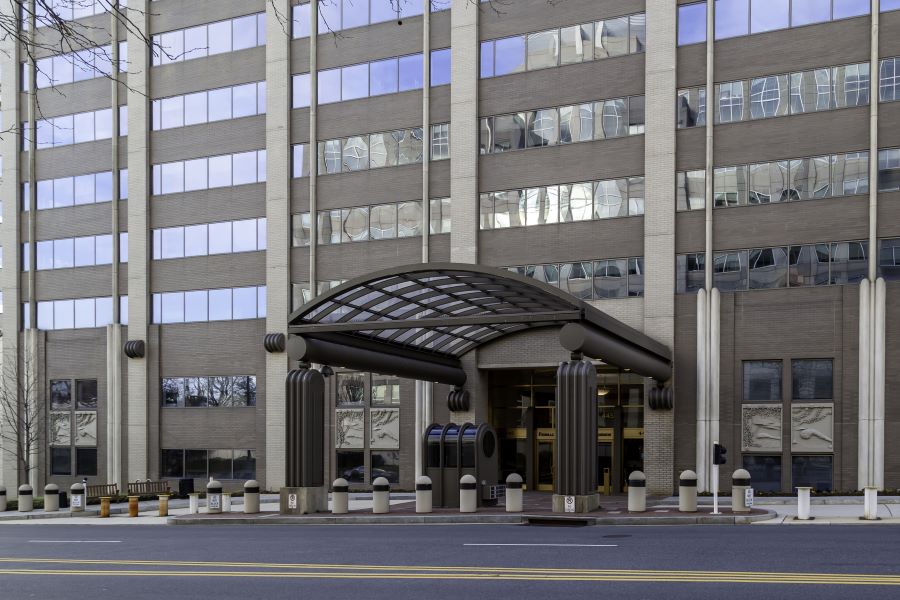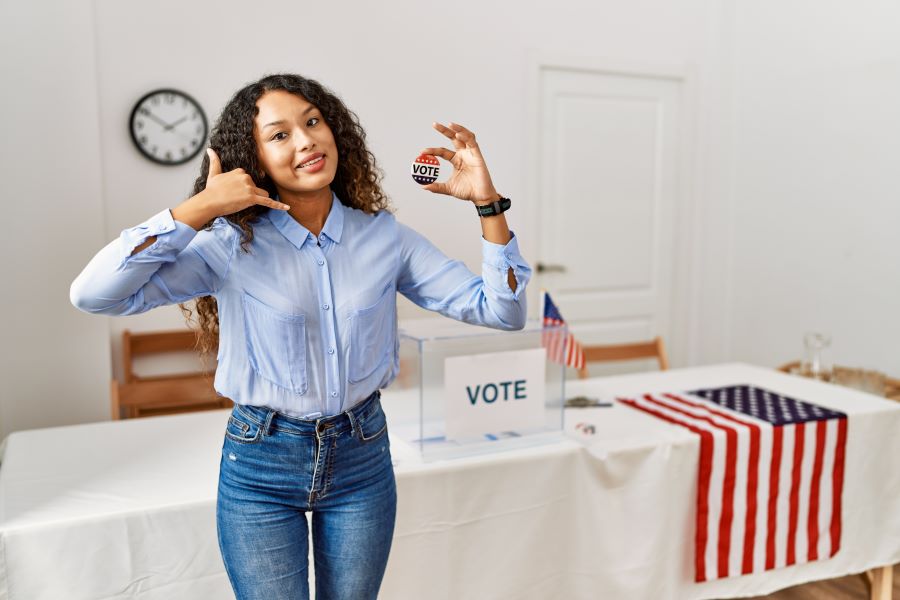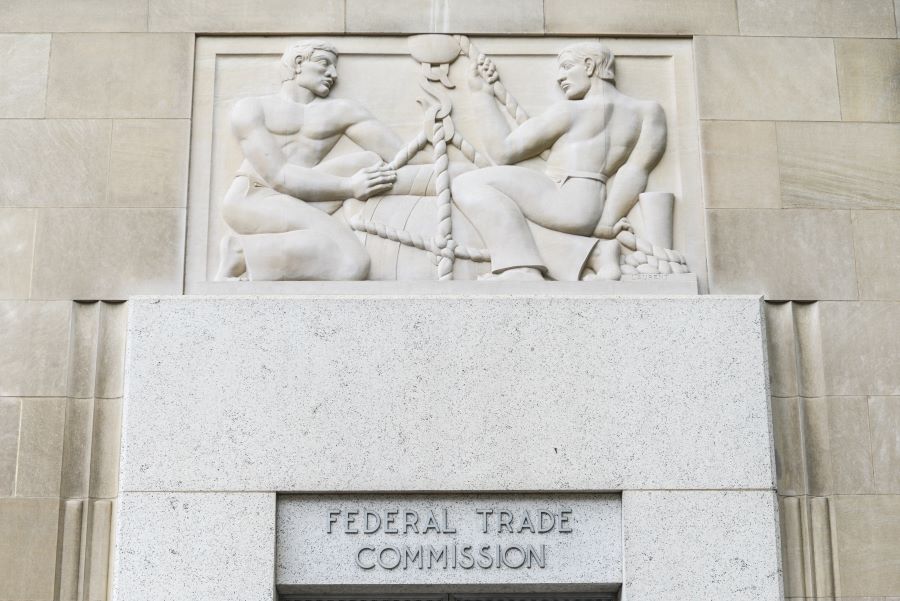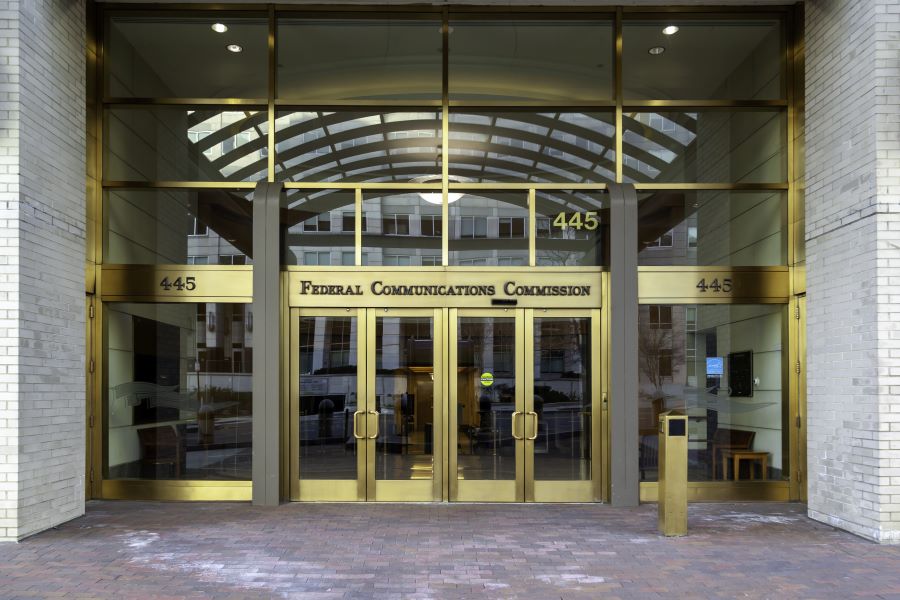Calling and messaging is an essential facet of modern healthcare. But even the most compliant healthcare callers are facing a new challenge that seriously impedes their ability to communicate with patients: the risk of calls being marked as spam or not being received due to the new regime of call blocking and labeling policies, apps, and regulations.
Author: stefen
Litigators Targeting Chat Bots for CIPA Wiretapping Claims
Back in June, we covered an unusual case, Javier v. Active Prospect, in which the Ninth Circuit issued an unpublished opinion in which it accepted a plaintiff’s argument that the use of Active Prospect’s TrustedForm screen recording technology to capture consumer consent could constitute illegal wiretapping under the California Invasion of Privacy Act (CIPA).
Ninth Circuit Affirms That B2B Texts Are Subject to the TCPA
Last week the Ninth Circuit issued a ruling in a Telephone Consumer Protection Act (TCPA) class action reversing a lower court decision on the application of the TCPA’s regulations to business-to-business (B2B) text messages. In Chennette v. Porch.com, the plaintiffs accused the defendant of sending more than 7,500 B2B text messages offering client leads to… Continue reading Ninth Circuit Affirms That B2B Texts Are Subject to the TCPA
Recent Multimillion-Dollar Settlements Show TCPA Danger Remains
Sometimes it may mistakenly seem as if all is quiet on the Telephone Consumer Protection Act (TCPA) front. However, these seeming trends do not mean that the dangers of TCPA have abated in any significant way.
Recent TCPA Decisions Focus on the Difficulty of Proving Manufactured Claims
Three recent court decision in Telephone Consumer Protection Act (TCPA) lawsuits illustrate the complicated nature of this litigation. In each case, the plaintiffs behaved in ways that suggest the possibility of manufactured claims, but the defendants were unable to use those possibilities as viable defenses against the lawsuits. The Cases In Rowan v. US Dealer… Continue reading Recent TCPA Decisions Focus on the Difficulty of Proving Manufactured Claims
FCC Proposes Extending STIR/SHAKEN Protocols to Text Messages
Yesterday, the Federal Communications Commission (FCC) released a notice of proposed rulemaking (NPRM) the relates to a potential plan to extend STIR/SHAKEN call authentication protocols to text messages. As explained in the accompanying press release, the NPRM “proposes requiring mobile wireless providers to block texts, at the network level, that purport to be from invalid,… Continue reading FCC Proposes Extending STIR/SHAKEN Protocols to Text Messages
Call Deliverability News Grab Bag
Call deliverability is becoming the most important frontier in regulatory battles for callers. Thanks to a confluence of factors, regulatory regimes have focused increasing attention on shutting off illegal robocall traffic before it can reach consumers, even if that comes at the expense of legitimate callers. Here are some recent news stories relating to this ongoing challenge.
Political Calls Remain a Target of Litigation
As election day approaches, TCPA lawsuits over political calls and texts are being filed, even in disregard of recent Supreme Court precedent.
FTC Announces DNC List Fees Will Increase in 2023
The Federal Trade Commission (FTC) announced the fee increases for accessing the National Do Not Call (DNC) Registry in the fiscal year 2023. According to the FTC’s press release, the fee increases are as follows: “The cost of accessing a single area code in the registry will be $75 in FY 2023, which is an… Continue reading FTC Announces DNC List Fees Will Increase in 2023
State and Federal Enforcement Actions Present Unique Challenges for Marketers
On August 2, the attorneys general from all 50 states announced the creation of an Anti-Robocall Litigation Task Force. The purpose of this task force is “to investigate and take legal action against the telecommunications companies responsible for bringing a majority of foreign robocalls into the United States.” This represents an escalation in the ongoing trend of state and federal regulators—often working together—directly enforcing telemarketing regulations rather than merely leaving things to private plaintiffs in lawsuits and class actions. These regulatory enforcement efforts present particular challenges for law-abiding callers.









